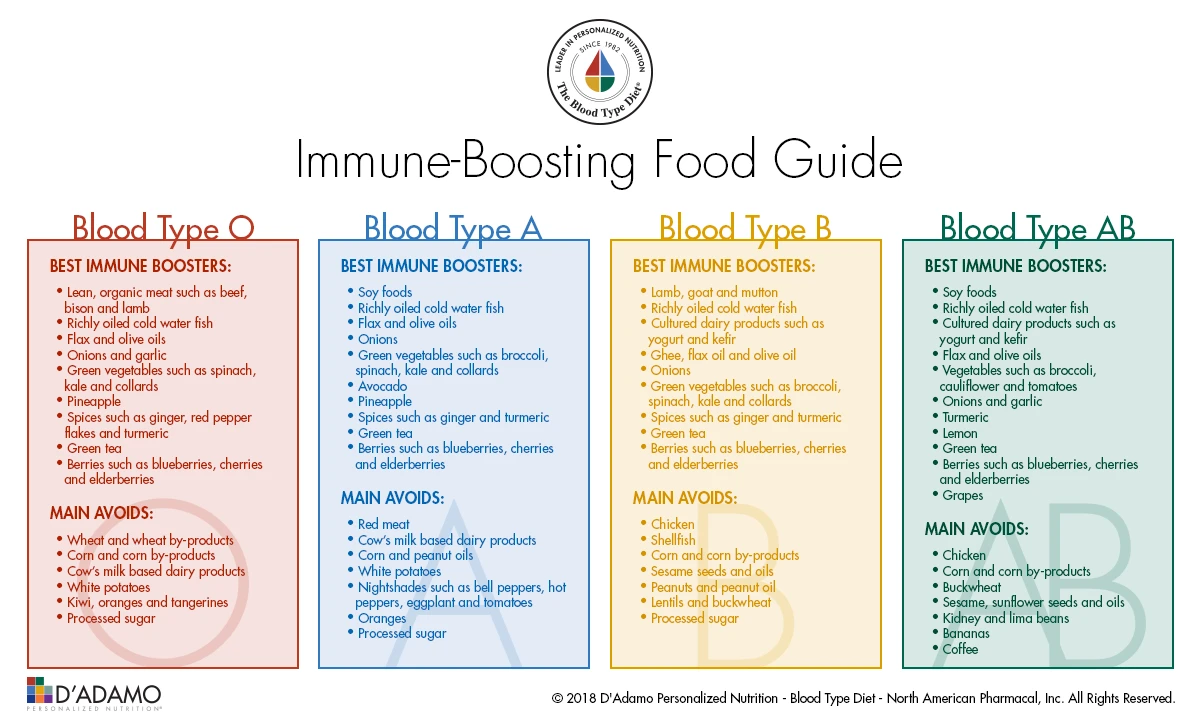
“The flu” is a virus that is often misunderstood and misdiagnosed. People mistakenly label influenza, a variable infection, as everything from a stomach bug to the common cold. The most common forms of influenza are the A (both strains H1N1 and H3N2) and B varieties. These strains cause symptoms such as fevers (usually 100-103°F in adults), respiratory distress (e.g., coughing, sore throat, runny or stuffy nose), headaches, muscle aches and extreme fatigue. They are also the only forms of the virus that are prone to epidemic.
Influenza, in all its forms, is affecting more people than you might imagine. Recent yearly statistics directly from the Center for Disease Control show between 12,000 and 47,000 influenza fatalities per year and over 700,000 total hospitalizations. The elderly population, the immunocompromised, and people with preexisting conditions such as asthma, diabetes or heart disease have the highest risk for developing serious complications from influenza.
Flu Response By Blood Type
Old age, weakened immunity and certain health conditions are some of the most common inhibitors of influenza recovery, but far from the only important factors involved. Research has shown that blood type drives our immune response as well. After exposure to the influenza virus, an immune process called "seroconversion" should occur (i.e., when your immune system begins to produce antibodies). Researchers have found that after circulation of influenza A and influenza B viruses, the immune response differs based on blood type. Below are typical antibody responses to the most common strains of the influenza virus by blood type.
Blood Type O
Blood Type O individuals can generate a fairly strong antibody response to both strains of influenza A. Their response against influenza B is less dramatic.
Blood Type A
Type As can create a quick and substantial antibody response against influenza A subtype H1N1 and even more so for influenza A subtype H3N2. Like Type O, they don’t have a particularly effective response against influenza B.
Blood Type B
In contrast to Types O and A, Type B has a very strong response against influenza B. The immune response happens quickly and persists far longer than other blood types. However, Blood Type Bs develop a weaker response to Type A influenzas, especially virus subtype H3N2. This strain can take Type B individuals anywhere from 3 to 5 months to generate an appropriate antibody response to.
Blood Type AB
Overall, influenza is probably most problematic for Type ABs. In general, they are more sensitive to infection by both influenza A and B than the other blood types. They are affected by these viruses earlier and more severely than the other blood groups.
Fighting Back Against the Flu
The flu is notoriously tricky to fight because of its ability to adapt, but there are immune-supporting steps you can take to mount a proper defense. While these procedures are of paramount importance to the highly susceptible Type AB population, every type can benefit from improving their immunity. Not only will a strong immune response effectively battle the flu, but it will also do the same to any other invaders that attempt to derail your health as we move into the colder months. The first step, as you might imagine, is eating properly for your type. Below is a chart of the foods that have the most positive and negative impact on your immune system based on blood type.
While following The Blood Type Diet is the foundation to a strong immune system, I created supplements for D’Adamo Personalized Nutrition that can bolster these efforts. My absolute favorite option for children and adults alike is Proberry 3 Liquid. I formulated this concentrated blend of blueberries, elderberries, cherries and red raspberries — all packed with vitamin C and antioxidant-rich berries that support your immune system, particularly important in the flu season. To learn more about what elderberries can do to battle the flu, read my Elderberry & Immune Support article.
At the end of the day, the flu, like any other sickness, is something that you can prepare for by building up your defenses. With the blood-type specific knowledge above and a proper immune-supporting diet regimen, you’ll be naturally protected from the flu before the virus strikes, greatly reducing your risk of a debilitating infection.



